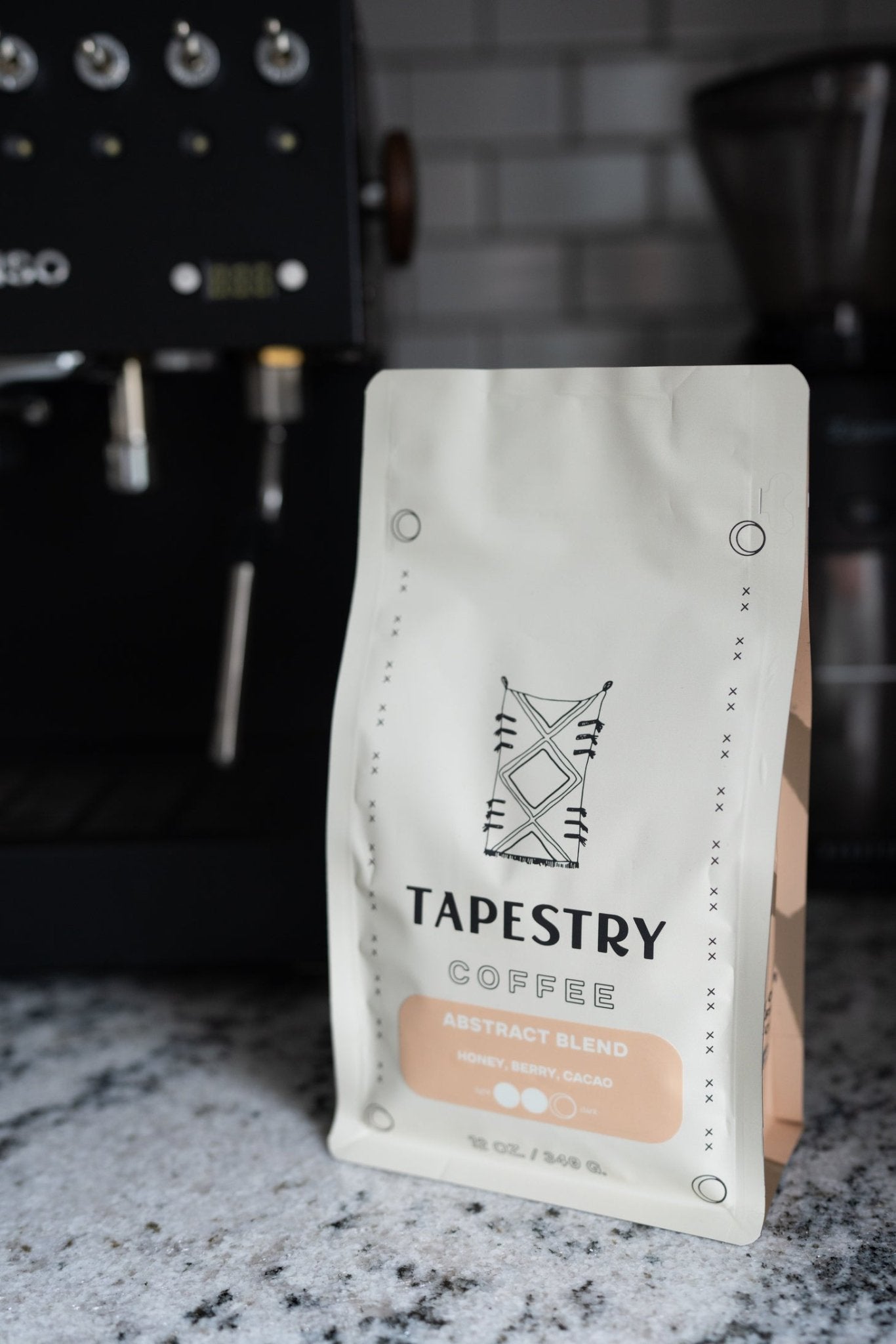Aricha Washed Yirgacheffe
Aricha is the name of the washing station where this coffee is processed. Edido is the village, or kebele, where this coffee is grown and processed, in a microregion of Yirgacheffe. Aricha is about 8 kilometers from the center of Yirgacheffe Town. The soils in this region are red-brown clay soil, about 1.5 meters deep. We like the complex, almost tropical quality of coffees from Aricha, along with their juicy fruitiness and sugary, floral sweetness.
Coffees in Ethiopia are typically grown on very small plots of land by farmers who also grow other crops. The majority of smallholders will deliver their coffee in cherry to a nearby washing station or central processing unit, where their coffee will be sorted, weighed, and paid for or given a receipt. Coffee is then processed, usually washed or natural, by the washing station and dried on raised beds.
The washing stations serve as many as several hundred to sometimes a thousand or more producers, who deliver cherry throughout the harvest season: The blending of these cherries into day lots makes it virtually impossible under normal circumstances to know precisely whose coffee winds up in which bags on what day, making traceability to the producer difficult. We do, however, make every available effort to source coffee from the same washing stations every year, through our export partners and their connections with mills and washing stations.
Hambela Organic Natural Guji
The Hambela Wamena Washing Station was founded in 2018 by the founder of Tega & Tula farms. Its location at the top of the highest mountain peak of Guji Hambela makes it a central point to serve surrounding towns and it currently serves around 3,900 producers. There are a number of social programs supported by this washing station including the building of roads, schools, and technical equipment and support for producers as well as medical health expenses and support for women's health care.
Coffees in Ethiopia are typically grown on very small plots of land by farmers who also grow other crops. The majority of smallholders will deliver their coffee in cherry to a nearby washing station or central processing unit, where their coffee will be sorted, weighed, and paid for or given a receipt. Coffee is then processed, usually washed or natural, by the washing station and dried on raised beds.
The washing stations serve as many as several hundred to sometimes a thousand or more producers, who deliver cherry throughout the harvest season: The blending of these cherries into day lots makes it virtually impossible under normal circumstances to know precisely whose coffee winds up in which bags on what day, making traceability to the producer difficult. We do, however, make every available effort to source coffee from the same washing stations every year, through our export partners and their connections with mills and washing stations.








